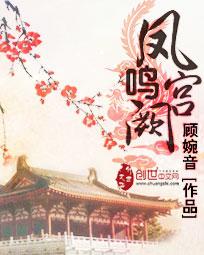THE R?M?YANA.
您可以在百度里搜索“National Epics 艾草文学(www.321553.xyz)”查找最新章节!
THE RÂMÂYANA.
"He who sings and hears this poem continually has attained to the
highest state of enjoyment, and will finally be equal to the gods."
The Râmâyana, the Hindu Iliad, is variously ascribed to the fifth, third, and first centuries B.C., its many interpolations making it almost impossible to determine its age by internal evidence. Its authorship is unknown, but according to legend it was sung by Kuça and Lava, the sons of Rama, to whom it was taught by Valmiki. Of the three versions now extant, one is attributed to Valmiki, another to Tuli Das, and a third to Vyasa.
Its historical basis, almost lost in the innumerable episodes and grotesque imaginings of the Hindu, is probably the conquest of southern India and Ceylon by the Aryans.
The Râmâyana is written in the Sanskrit language, is divided into seven books, or sections, and contains fifty thousand lines, the English translation of which, by Griffith, occupies five volumes.
The hero, Rama, is still an object of worship in India, the route of his wanderings being, each year, trodden by devout pilgrims. The poem is not a mere literary monument,—it is a part of the actual religion of the Hindu, and is held in such reverence that the mere reading or hearing of it, or certain passages of it, is believed to free from sin and grant his every desire to the reader or hearer. National Epics




